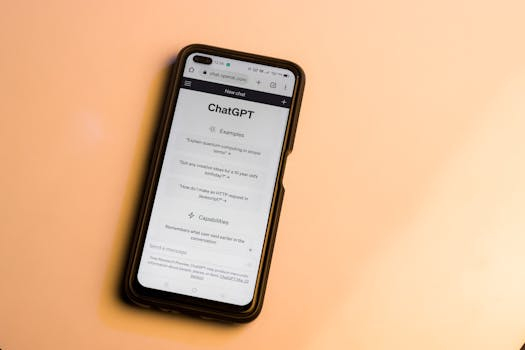Smartphone Integration: Cars Becoming Mobile Computing Platforms
As technology continues to advance at an unprecedented pace, it is becoming increasingly integrated into our everyday lives. One area that has seen significant technological advancements is the automobile industry. With the rise of smartphones and their ever-growing capabilities, cars are now becoming mobile computing platforms. This integration of smartphones into cars is revolutionizing the driving experience and transforming the way we view and use our vehicles. In this article, we will delve deeper into the concept of smartphone integration in cars and how it is shaping the future of transportation.
The Rise of Smartphone Integration
What is Smartphone Integration?
Smartphone integration in cars refers to the integration of a smartphone with the vehicle’s infotainment system. This allows the driver to access and control certain smartphone features, such as making calls, sending messages, playing music, and using navigation apps, directly from the car’s dashboard. This integration is made possible through the use of advanced software and communication protocols such as Apple CarPlay and Android Auto. These systems act as a bridge between the smartphone and the car’s infotainment system, providing a seamless and safe way to use smartphones while driving.
The Benefits of Smartphone Integration
The integration of smartphones into cars has numerous benefits for both drivers and passengers. First and foremost, it enhances the driving experience by providing a more convenient and connected environment. With smartphone integration, drivers can easily access their phone’s features with voice commands or through the car’s infotainment system, without the need to take their hands off the wheel or eyes off the road. This helps reduce distractions and improves overall safety on the road.
In addition, smartphone integration also offers a wide range of entertainment options for passengers. Gone are the days of flipping through radio stations or fumbling with CDs. With smartphone integration, passengers can enjoy their favorite music, podcasts, and audiobooks on the go. Furthermore, navigation apps on smartphones can provide real-time traffic updates, helping drivers avoid congestion and get to their destinations faster.
The Future of Cars as Mobile Computing Platforms
Connected Cars and the Internet of Things
Smartphone integration is just the beginning of the transformation of cars into mobile computing platforms. The rise of the Internet of Things (IoT) has paved the way for connected cars, which can communicate with other devices and systems. This means that in the future, cars will not only be connected to smartphones but also to smart homes, smart cities, and other vehicles, creating a network of interconnected devices and systems. For example, a connected car could communicate with a smart traffic light system to optimize traffic flow or send notifications to a driver’s smartwatch if there is a potential hazard on the road.
Advancements in Artificial Intelligence
Another future trend in smartphone integration is the incorporation of artificial intelligence (AI) in cars. With AI, cars can learn and adapt to drivers’ preferences and behavior, making the driving experience even more personalized. For instance, a car could automatically adjust the seat and mirrors to the driver’s preferred position or suggest the most efficient route to a frequently visited destination.
The Impact on the Automotive Industry
The integration of smartphones in cars is not only changing the way we drive, but it is also disrupting the automotive industry. With more and more tech companies entering the market, competition is increasing, and traditional car manufacturers are forced to adapt and keep up with the latest technology trends. We are already seeing some manufacturers incorporating smartphone integration in their latest models, and this trend is only expected to continue.
Conclusion
In conclusion, the integration of smartphones into cars is transforming them into mobile computing platforms. This technology offers numerous benefits, from enhancing the driving experience to paving the way for the future of connected and autonomous cars. With the rise of AI and the IoT, the possibilities for smartphone integration in cars are endless. As we move towards a more connected and technology-driven world, it is clear that smartphones and cars will continue to become even more intertwined.



